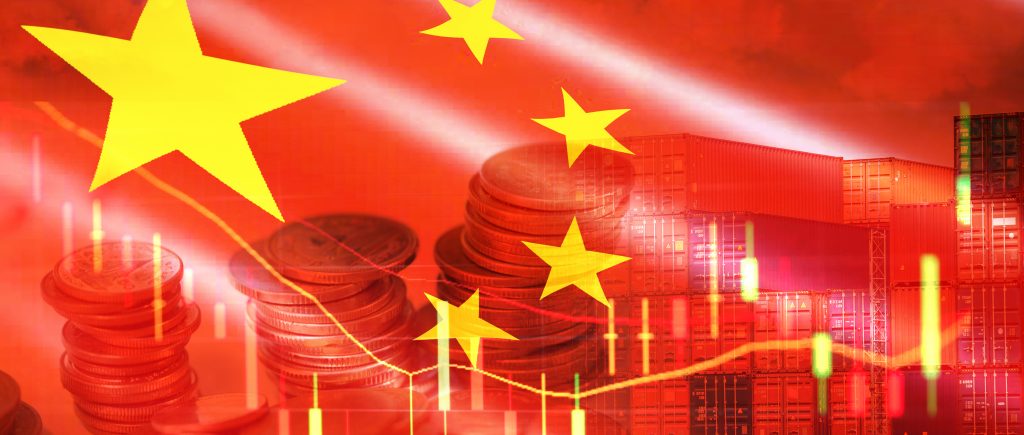As China prepares for the Lunar New Year holiday, the mood is generally positive, with state media expressing optimism. However, there is growing discontent and hopelessness among the population, who are feeling battered by months of economic uncertainty, falling employment, and a warning housing crisis.
The Chinese government’s attempts to address the post-COVID-19 pandemic repercussions, these efforts have only partially been successful, causing a loss of trust.
The OECD and IMF predict China’s economy to grow at 4.7% and 4.2% in 2024 and 2025, respectively, due to weak consumer demand and structural market strains. This raises uncertainty in China’s economic outlook.
Evergrande, a struggling property developer, has been liquidated in Hong Kong, owing to over $450 billion in liabilities. The collapse of Evergrande and other major developers has had significant economic impacts, leaving around 20 million unfinished housing units in China and causing a significant drop in new home prices. Fears that Evergrande may not complete promised developments have sparked protests in some parts of the country, as many households store their wealth in property.
Stock market investors are not much better off, with over $8 trillion wiped off the value of Chinese and Hong Kong stocks in the past three years. Equities rose on Tuesday after Chinese regulators announced new restrictions on trading, including anti-short-selling measures, and state-run funds bought up billions worth of shares, days before Chinese markets close for the week-long Lunar New Year holiday.
Foreign investors are no more optimistic, pulling out almost $40-billion last year, while a recent survey by the U.S. Chamber of Commerce in China found a quarter of U.S. businesses operating in the country were considering or had already begun, relocating out of China.
China’s chances of escaping the country’s economic trap are decreasing due to short-term challenges and shrinking growth. The country’s population is aging rapidly, with 300 million people aged 50 to 60, equivalent to almost the entire U.S. population, set to leave the workforce in the next decade.
The Communist Party’s efforts to encourage more births are not working, and the election campaign will feature heated rhetoric on China, putting pressure on U.S. firms to cut ties or reduce exposure. The largest demographic group is expected to leave the workforce during stretched pension budgets.

 Noor Trends News, Technical Analysis, Educational Tools and Recommendations
Noor Trends News, Technical Analysis, Educational Tools and Recommendations




